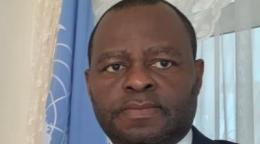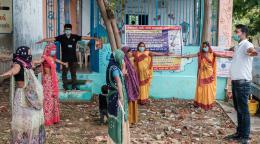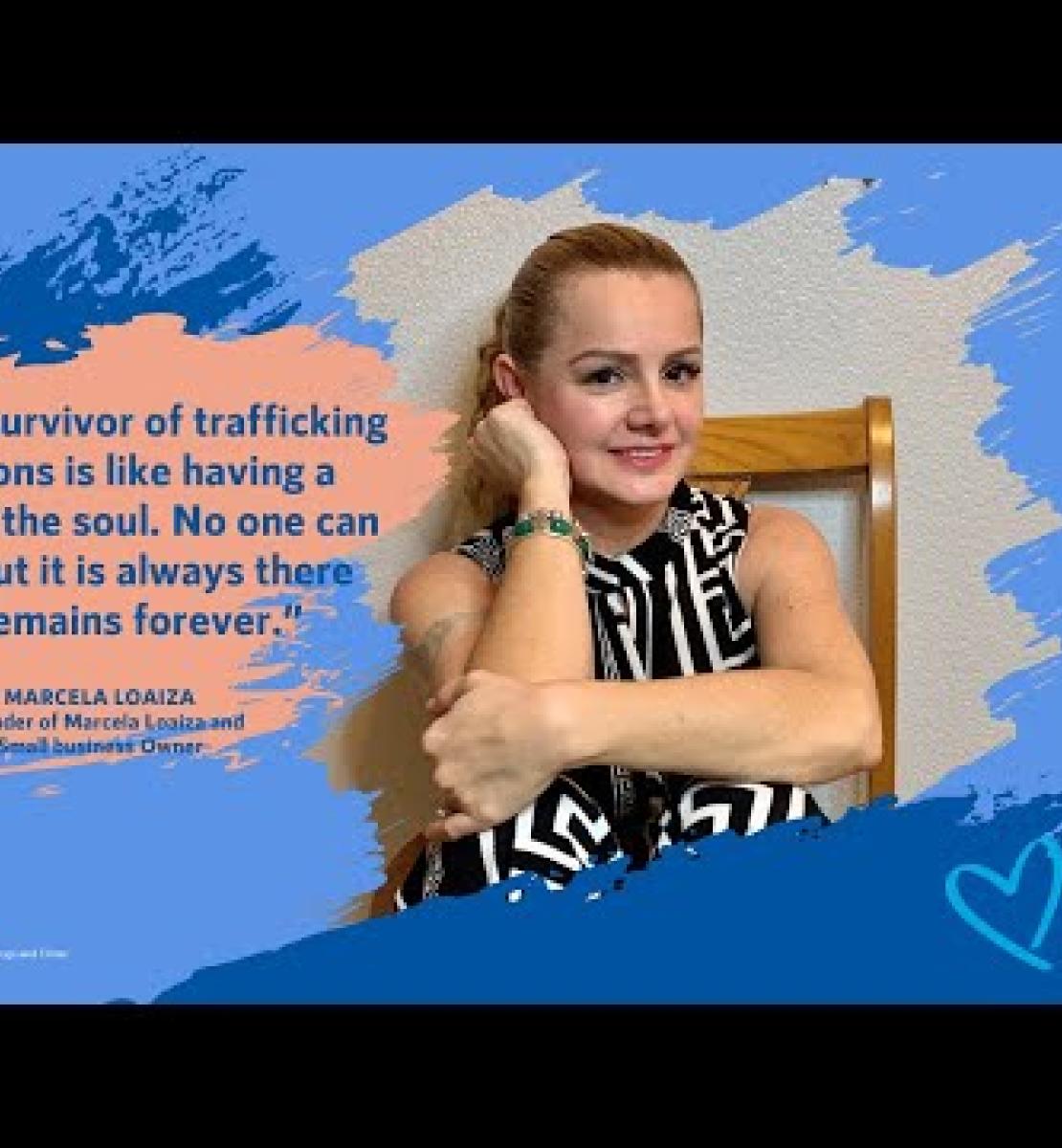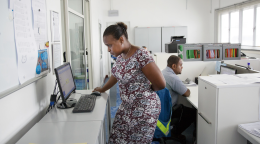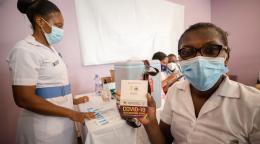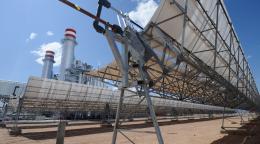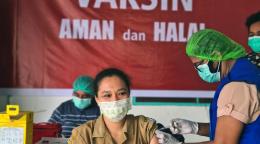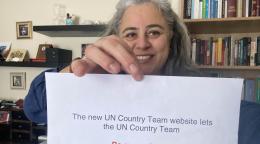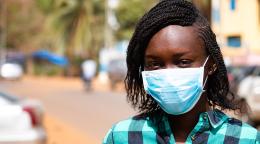Rwanda
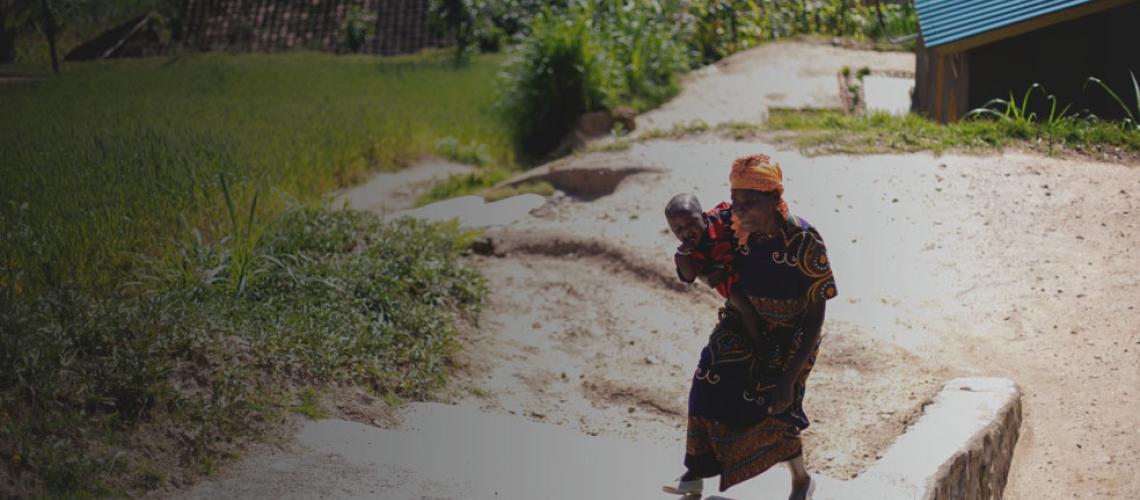
Photo: ©UNDP/Alice Kayibanda
Linking investments, partners and SDGs
Where is the money going?
Where we work
The United Nations in Rwanda
The United Nations system in Rwanda consists of 22 UN agencies, programmes, and funds, both resident and non-resident.
Since the Genocide against the Tutsi in 1994, the UN system has been a fundamental partner in the reconstruction of Rwanda. Since 2008, they have been delivering as one: ‘One UN’. This means: one leader – the UN Resident Coordinator; one budget; one programme – the five year Development Assistance Plan (UNDAP II); and one voice. ‘One UN’ capitalizes on the strengths and comparative advantages of the different UN agencies in the UN system and calls for coordinated endeavors for achieving the 17 Sustainable Development Goals (SDGs) to Transform Our World that were set out in Agenda 2030.
Between 2018-2023, the One UN Rwanda has budgeted around US$631 million to assist the country in its development.
Milestones
- With UN support, the e-Regulations platform was implemented. It enhances effectiveness of Rwanda’s institutional and legal frameworks by availing an online platform that provides access to basic information and training content for Small and Medium Size Enterprises (SMEs).
- The UN supported the National Institute of Statistics of Rwanda (NISR), NGOs and Civil Society Organizations in the publication of seminal studies. These included: the fifth Rwanda Demographic and Health Survey (RDHS), Governance Barometers and Citizen Report Cards on access to public services.
- The UN helped to strengthen communication streams and citizens’ voice through (1) facilitating dialogue and outreach, (2) overseeing various parliamentary committees and (3) developing the capacity of the local media.
- Support given to Data for Development strengthened a new generation of data for evidence-based policy making. This included the Population & Housing Census 2012, DHS 2014/15, EICV 2013/14 and domestication of the Sustainable Development Goals.
- The UN oversaw the construction of three additional district Early Child Development (ECD) model centres. This brings the total to 17 centres across 16 districts, including one in Mahama refugee camp. More than 13,000 children were reached through UN supported centre-based, home-based and home visitation ECD programmes. In addition, 11,000 parents/ caregivers were capacitated.
- The UN established the Innovation Accelerator (iAccelerator) - a mentorship-driven programme. It supports young entrepreneurs with seed funding, training and skills development in order to generate innovative and technological solutions to respond to the challenges faced in terms of sexual and reproductive health.
To learn more visit: https://rwanda.un.org/.
UN Rwanda Country Team
Resident Coordinator Office
1 / 2
1 / 2
UN Entities in Rwanda
1 / 22
UN Key Documents
UNDAF/United Nations Sustainable Development Cooperation Framework (CP)
UNDAF / CF START DATE
01 July 2018
UNDAF / CF END DATE
30 June 2024
START OF NEW CF CYCLE
01 July 2024
1 / 8
Latest news and updates
1 / 11















